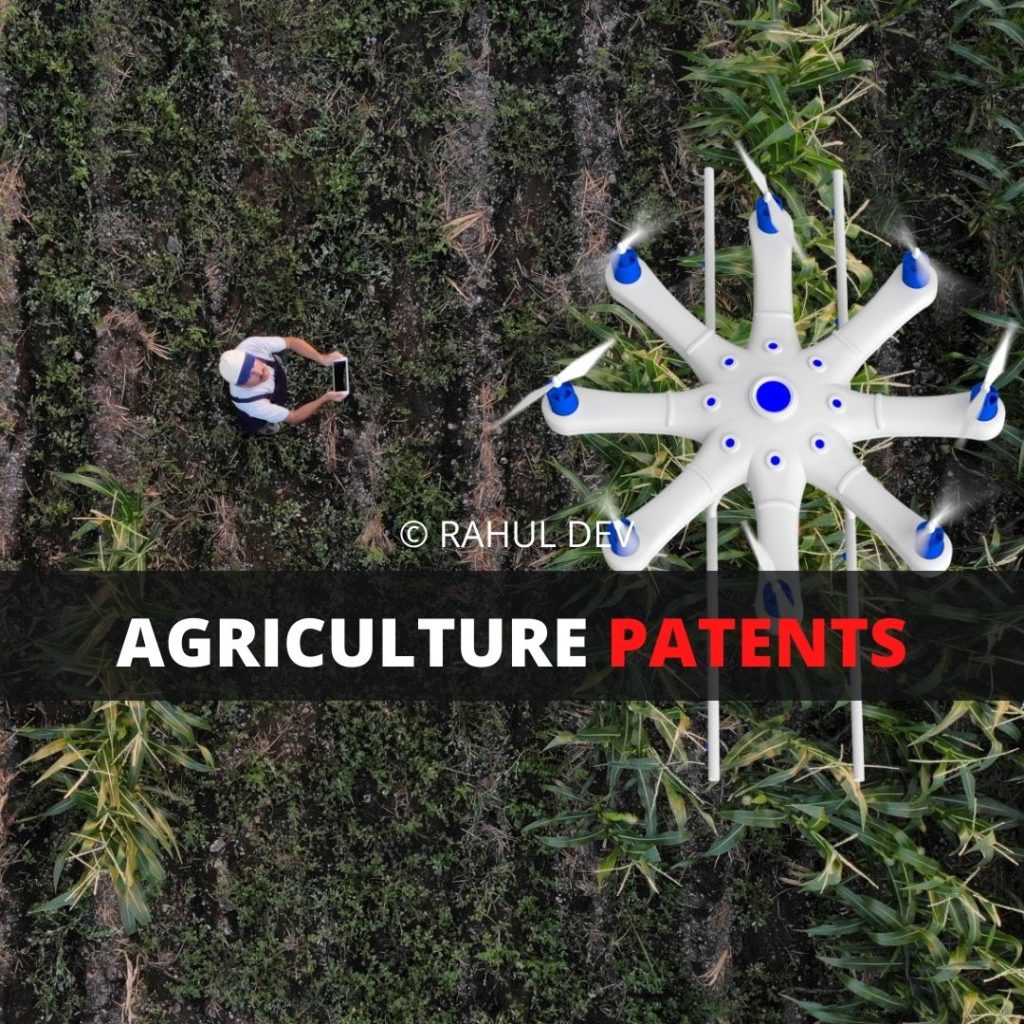Agrochemical Patents
India is an agrarian economy and agriculture industry is one of the biggest employers. Agrochemicals constitute an important part of agricultural industry – India is the 4th largest producer of agrochemicals after US, Japan and China[1].
Agrochemicals can be defined as commercially produced synthetic chemical compounds which are used in farming[2]. Examples would include fertiliser, pesticide, herbicides or other growth regulators.
In terms of the market share within India, Andhra Pradesh is the leading consumer of agrochemicals in India with a market share of 24 per cent.[3] The agrochemical industry in India is going to experience steady growth on account of increasing population, decreasing per capita availability of arable land and increase on agricultural yield.[4]
The agrochemical industry is heavily reliant on R&D in order to produce the best type of compounds to promote agriculture. Therefore, seeking protection for research through the regime of intellectual property rights is extremely crucial. One of the common ways to seek protection is by way of patents.
In India, no product patents were possible till the Agreement on Trade-Related Aspects of Intellectual Property Rights (TRIPS) came into force in 1995 and only process patents were allowed. As per Article 70.8 of TRIPS, developing countries were under an obligation to introduce mail-box provisions to receive applications claiming products in the relevant field.
Once the Patents Act, 1970 was amended in 1999 to bring it in line with the requirements under TRIPS, product patents were recognized under Indian law with the introduction of mail box provisions. Introduction of product patents enables agrochemical industry to put forth product patent applications[5].
As per the study conducted by Einfolge, a Patent and Market Research Organisation, during the period between 2014 to 2017, the India Patent Office received 5448 patent applications from the Indian Agriculture sector. Agrochemicals led the pack 2880 patent applications for products such as biocides, pesticides, herbicides and pest repellents.[6]
The agrochemical patenting industry in India is scheduled to get an impetus with the certain agrochemicals going off patent – i.e. the patent protection granted to these agrochemicals is going to expire.
This would enable other players and research institutes to produce cheaper indigenous versions of such agrochemicals. As per a news report of 2017[7], with several agrochemicals which are scheduled to go off patent in 2020, industry experts are of the view that the Indian agrochemicals sector will experience a annual growth of 15-20 per cent as opposed to the growth of 8-9% in 2017.
A recent example of India benefiting from agrochemicals going off patent is the initiative of Indian Institute of Chemical Technology (IICT) based in Hyderabad. IICT which has identified 15 agrochemical and pesticides which are presently being imported from China.
The patents of these agrochemicals will expire soon. IICT is going to launch a project in order to develop indigenous processes for manufacturing these pesticides.[8] This will also ensure increased access to such agrochemicals for the farmers at affordable rates.
IICT will also function as the ‘kilo lab’ and will be responsible for scaling up of the manufacturing process developed. This will be to demonstrate large scale manufacturing processes to other players in the industry.[9]
Agrochemical industry has a huge potential in the Indian market given that the demand for products to increase agricultural output is unlikely to decline. One hope that with the impending off patenting of several agrochemicals, industry players and research bodies show more initiative to make available agrochemicals to Indian farmers to truly realize the ‘Make in India’ dream.
Agrochemical Innovations
As per review of prior art literature, majority of agrochemical patents are filed by companies includes, Insecticides India, Nagarjuna Agrichem, Aimco Pesticides, Gharda Chemicals Limited, Hindustan Insecticides Limited, Indofil Industries Limited, Sumitomo Chemical, Meghamani Organics Limited, Rallis India Limited, Bayer Crop Science Limited, whereas global innovations are invented by the likes of, Mosaic Company ( U.S.), Bayer CropScience Limited (Germany), The Dow Chemical Company (U.S.), BASF SE (Germany), Monsanto Company (U.S.), Syngenta AG (Switzerland), Adama Agricultural Solutions Ltd (Israel), Nufarm Limited (Australia), Arysta LifeScience Corporation (Japan), Shanghai Kelinon Agrochemical Co. Ltd. (China), and Zhejiang Wnyca Chemical (China).







